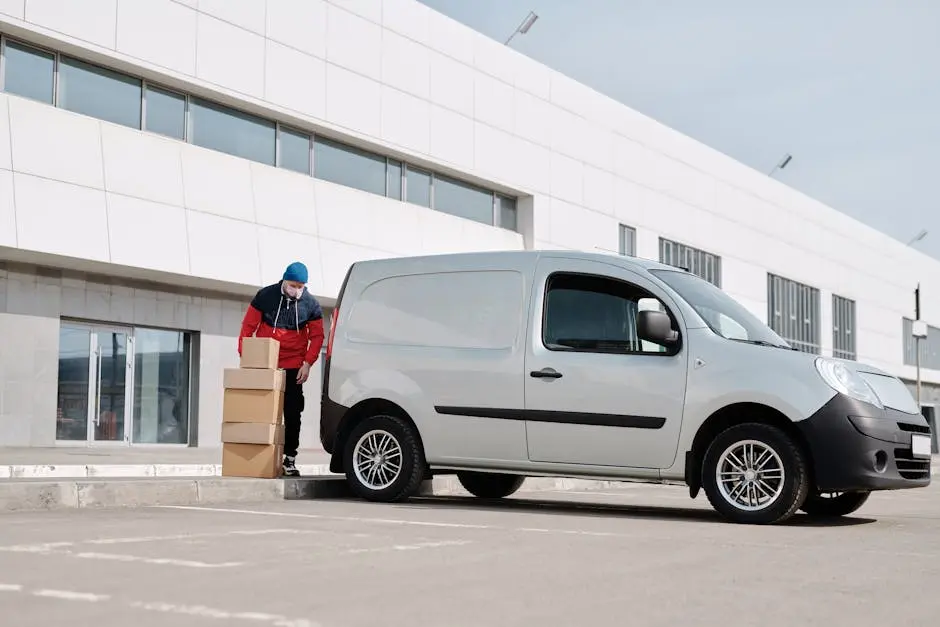In recent years, the convenience of wine delivery services has transformed how we enjoy a good bottle of vino at home. However, as environmental concerns grow, the wine industry is increasingly focusing on sustainability. This blog explores how the future of wine delivery is evolving to embrace eco-friendly practices, ensuring that our love for wine doesn’t come at the expense of the planet.
The Rise of Wine Delivery Services
Wine delivery services have surged in popularity, offering a convenient way to enjoy fine wines from the comfort of your home. As more people turn to these services, the industry must address its environmental impact to appeal to eco-conscious consumers. In recent years, a growing number of people are prioritizing sustainability when choosing their products and services. Consequently, wine delivery companies are embracing this trend, integrating eco-friendly practices to not only enhance their brand image but also contribute to a healthier planet.
One notable trend is the shift towards faster and more efficient services, which unfortunately can increase carbon emissions due to the necessity for quick delivery turnarounds. However, companies are now investing in technology to optimize their delivery routes, reducing unnecessary travel and fuel consumption. This lays the groundwork for a broader movement within the industry—reshaping the traditional wine supply chain to be more sustainable and consumer-friendly. By recognizing these changing demands, businesses in the wine delivery sector can thrive while supporting environmental goals.
Sustainable Practices in Wine Production
The journey to sustainability starts at the vineyard. Many winemakers are adopting organic farming techniques, using solar energy, and conserving water to produce wine more responsibly. These practices not only reduce their carbon footprint but also preserve the quality of the wine. Organic vineyards avoid synthetic fertilizers and pesticides, promoting biodiversity and healthier ecosystems. In addition, some wineries are exploring the use of renewable energy sources to power their operations. Solar panels and wind turbines are becoming more common sights, significantly lowering energy costs and reducing reliance on fossil fuels.
Moreover, the adoption of efficient water management systems plays a critical role in sustainable wine production. By utilizing advanced irrigation technologies, wineries minimize water waste while ensuring their vineyards thrive even in challenging climates. This approach is particularly vital as many wine-producing regions face increasing threats from climate change. Through these efforts, wineries not only safeguard their future production but also set an example for other agricultural sectors.
Green Logistics: Reducing Carbon Emissions
The delivery process itself can play a significant role in sustainability. Companies are looking into green logistics solutions, like optimizing delivery routes, using electric vehicles, and implementing carbon offset programs, to minimize their environmental impact. Electric vehicles, in particular, are gaining traction as they eliminate direct greenhouse gas emissions associated with traditional delivery methods. As the technology for electric vehicles continues to advance, their cost-effectiveness and range are also improving, making them a viable option for wine delivery services.
To further support these efforts, many companies are investing in smart logistics management systems. These systems use data analytics to streamline delivery operations, reducing idling times and vehicle emissions. Additionally, the concept of carbon-neutral delivery is becoming increasingly popular. By investing in environmental projects that compensate for the emissions generated by delivery activities, companies can offer a zero-carbon footprint promise to their customers. This aligns with their commitment to sustainability while providing a competitive edge in the market.
Eco-Friendly Packaging Innovations
Packaging is another area ripe for innovation. Biodegradable and recyclable materials are becoming popular choices for wine delivery, as they significantly reduce waste and promote a circular economy. Many companies are moving away from traditional packaging materials that contribute to landfill waste. Instead, they are exploring alternatives such as compostable packaging made from plant-based materials, which decompose naturally and enrich the soil.
Additionally, lightweight glass bottles and paper-based packaging solutions are gaining traction. By reducing the overall weight of wine bottles, companies decrease the transportation energy required, further minimizing their carbon footprint. This transition not only caters to environmentally conscious consumers but also often results in cost savings for businesses. These innovative packaging strategies underscore the importance of addressing environmental concerns while maintaining product integrity and brand reputation.
Encouraging Local Wine Purchases
Supporting local wine producers not only reduces the carbon footprint associated with long-distance transportation but also boosts the local economy. Encouraging consumers to buy local can be a key strategy in promoting sustainability. When consumers choose locally-produced wines, they directly support their regional economy and foster a stronger community. Additionally, local wines often have a smaller environmental footprint due to shorter distribution distances.
Wineries and wine delivery services can play a pivotal role in this movement by promoting locally-sourced products. Collaborative partnerships between local producers and delivery services can create value for consumers, offering them a unique and sustainable option. This strategy also helps preserve local traditions and enhances the cultural identity of wine-growing regions. By tapping into the local market, wine businesses can build lasting relationships with their consumers and contribute meaningfully to their communities.
Towards a Greener Future for Wine Delivery
The wine delivery industry is poised for a pivotal transformation. By embedding sustainable practices into their operations, these businesses can significantly reduce their environmental footprint while meeting the expectations of a conscientious consumer base. From eco-friendly packaging to greener logistics and supporting local wineries, the move towards sustainability not only enhances customer satisfaction but also sets an industry standard for others to follow. Embracing these changes is no longer just an option, but a necessity in our journey towards a more sustainable future.



